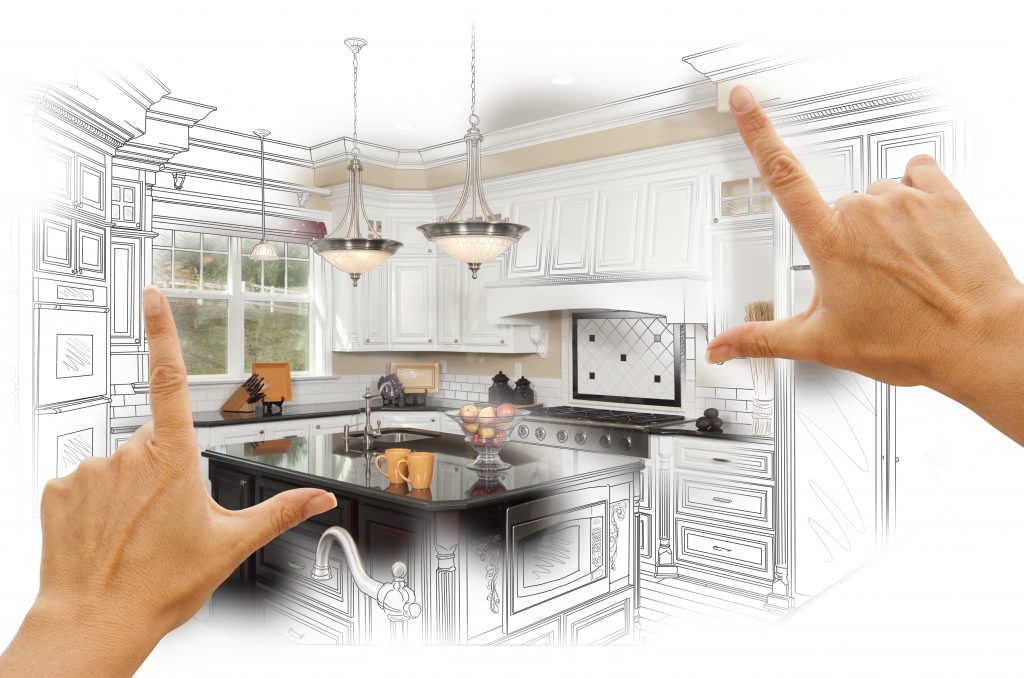A heating and cooling company offers a variety of services, including air conditioning installation and repair. They can also help with ductwork cleaning and insulation. Some companies provide energy efficiency consultations and ENERGY STAR certifications, which can help you save money on your energy bills.
When choosing a local heating and cooling near me, be sure to ask questions and compare quotes. Find out about their experience, licensing requirements, warranty options, and payment terms. Ask for a full quote before any work begins and make sure the price includes both materials and labor. Avoid providers that pressure you or demand payment before starting the job.
Air conditioning contractors get busy during the summer, so be sure to hire one early in the season if possible. You can also try to schedule a cooling checkup twice a year to prevent any surprise breakdowns.
When selecting an HVAC company, look for technicians that have EPA Section 608 Technician Certification. This certification is required for anyone who handles refrigerants. Goodman brand heating and cooling products are designed, engineered, and assembled in North America.
Heating, Ventilation, and Air Conditioning (HVAC) systems are essential for maintaining comfortable indoor temperatures and air quality in various settings, including homes, offices, hospitals, and more. Here are important aspects to consider when dealing with HVAC systems:
Installation and Maintenance: When installing an HVAC system, it’s crucial to hire professionals with expertise in fitting, configuring, and maintaining these systems. Regular maintenance ensures optimal performance and longevity.
Energy Efficiency: Choose HVAC systems with high energy efficiency ratings. Energy-efficient models help reduce utility bills and environmental impact while offering effective heating and cooling.
System Types: Different spaces may require different HVAC configurations. Central HVAC systems provide both heating and cooling through ductwork, while ductless mini-split systems offer zoned control. Heat pumps, furnaces, and boilers are other options based on specific heating needs.
Air Quality: Consider HVAC systems that not only regulate temperature but also improve indoor air quality. Look for systems with filters that remove pollutants, allergens, and contaminants from the air.
Smart Technology Integration: Modern HVAC systems often come with smart features and thermostats that allow remote control and automation, optimizing energy usage and comfort.
Warranty and Support: Choose reputable HVAC brands that offer warranties and reliable customer support. A good warranty provides peace of mind and protection against potential issues.
Professional Consultation: Consulting with HVAC professionals can help determine the right system size, type, and configuration suitable for your space and specific requirements.

